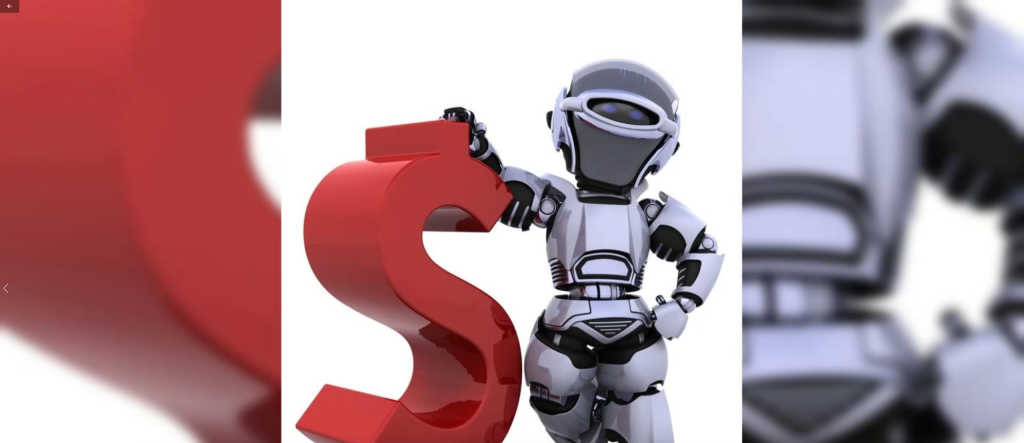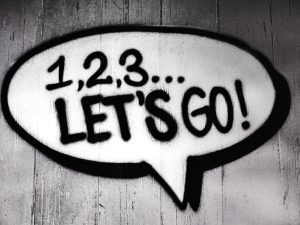Understanding the Reflex Effect in Investment Decision-Making

I have a friend who does AI-based investment advisory services, which can automatically make investment suggestions based on big data for any stock, referred to as “robo-advisor”. By following his investment advice, you have a lot of possibilities to make a lot of money, but there is also a certain risk that you will lose money. He found a lot of people who made money on stocks and promoted his “robo-advisors”. He thought that these people had made money and had a stronger risk tolerance, and would be interested in trying it. But unexpectedly, very few people use it. What to do?
What should I do if someone who makes money doesn’t buy a high-risk and high-return robo-advisory service?
Reflection Effect
To solve this “how” problem, we must first understand the essence of the problem. The essence of the question is, what kind of people will be more risk-averse; What kind of people will be more risk-averse. Are people who make money more aggressive and risk-averse?
The answer is: quite the opposite. In fact, people who lose money are more inclined to risk. To understand this, it is necessary to understand the “reflex effect” in human nature.
What is the reflection effect? I’ll give you an example.
Let’s say you’re the president of a country and you’re told that 600 teachers and students at a school have been kidnapped by terrorists. The terrorists made unreasonable demands, and of course you could not agree to them, so you ordered the rescue troops to study a plan to save people.
After studying the rescue troops, they came up with two plans. Option A, rescue 200 hostages; In option B, there is a 1/3 chance that all 600 hostages will be rescued and a 2/3 chance that all the hostages will be killed. Excuse me, president, which one do you choose?
Most of the people who were asked this question chose option A. Why? Option B is too risky, although it is possible to rescue everyone, there is a high probability that all the hostages will be killed; Option A is conservative, but at least 200 people can be rescued.
This is where the “certainty effect” we talked about in Lesson 3 comes into play: when in a state of gain, most people are risk-averse.
Okay, now let’s put that question in a different way.
After studying the rescue troops, they came up with two plans. Option C, 400 hostages would die; In option D, there is a 1/3 chance that all 600 hostages will be rescued and a 2/3 chance that all the hostages will be killed. Excuse me, president, which one do you choose?
Most of the people who were asked this question chose option D. Why? Option D is risky, but at least it is possible to rescue all 600 hostages; But option C, 400 people would die anyway, which is too unacceptable.
As you may have noticed, the AB group plan and the CD group plan are actually exactly the same, but the way they are expressed is different. However, many people were reluctant to take risks in the AB group plan, and chose plan A to rescue the identified 200 people; In the CD group plan, people suddenly have a mentality diametrically opposed to the AB group plan: 400 people must not be allowed to die! So what to do? Then “a dead horse becomes a live horse doctor”, take a risk, choose option D, maybe 600 people can survive!
When people are in a state of loss, this state of mind that is diametrically opposed to the “certainty effect” and suddenly willing to take risks is called the “reflection effect”.
Therefore, when in the state of returns, because of the “certainty effect”, people are more risk-averse and like to “take what they see”; When in a state of loss, people are more inclined to take risks and tend to “gamble” because of the “reflection effect”. The risk appetite of the same person is actually different in different states.
So what should I do as a friend? He shouldn’t sell this “high-risk, high-return” robo-advisory service to people who have already made money, who are actually more risk-averse. On the contrary, he should sell this service to those whose stocks are trapped, and these people will be more willing to “gamble”: Anyway, your stocks have been trapped, do you want to try my robo-advisory service? Maybe you can turn it over and even make a lot of money.
Reflex Effect
With this “reflex effect” psychology in human nature, what other “how” problems can I solve in the business world?
I run a barbershop, and I’m in a fight with the barbershop next to me, and I can’t hold it anymore, what should I do?
You think from his point of view, if you don’t fight, it must be a loss; If you fight, you may lose more, but it may also kill you. So he will definitely “gamble” and grit his teeth and insist.
What to do? Bring a sum of money to him and say: If you continue to fight, you will lose both; Exit and you take the money. At this time, you will immediately change his situation from a state of loss to a state of gain, and his mentality will immediately change from a “reflection effect” to a “certainty effect”, and he is likely to take money instead of fighting.





